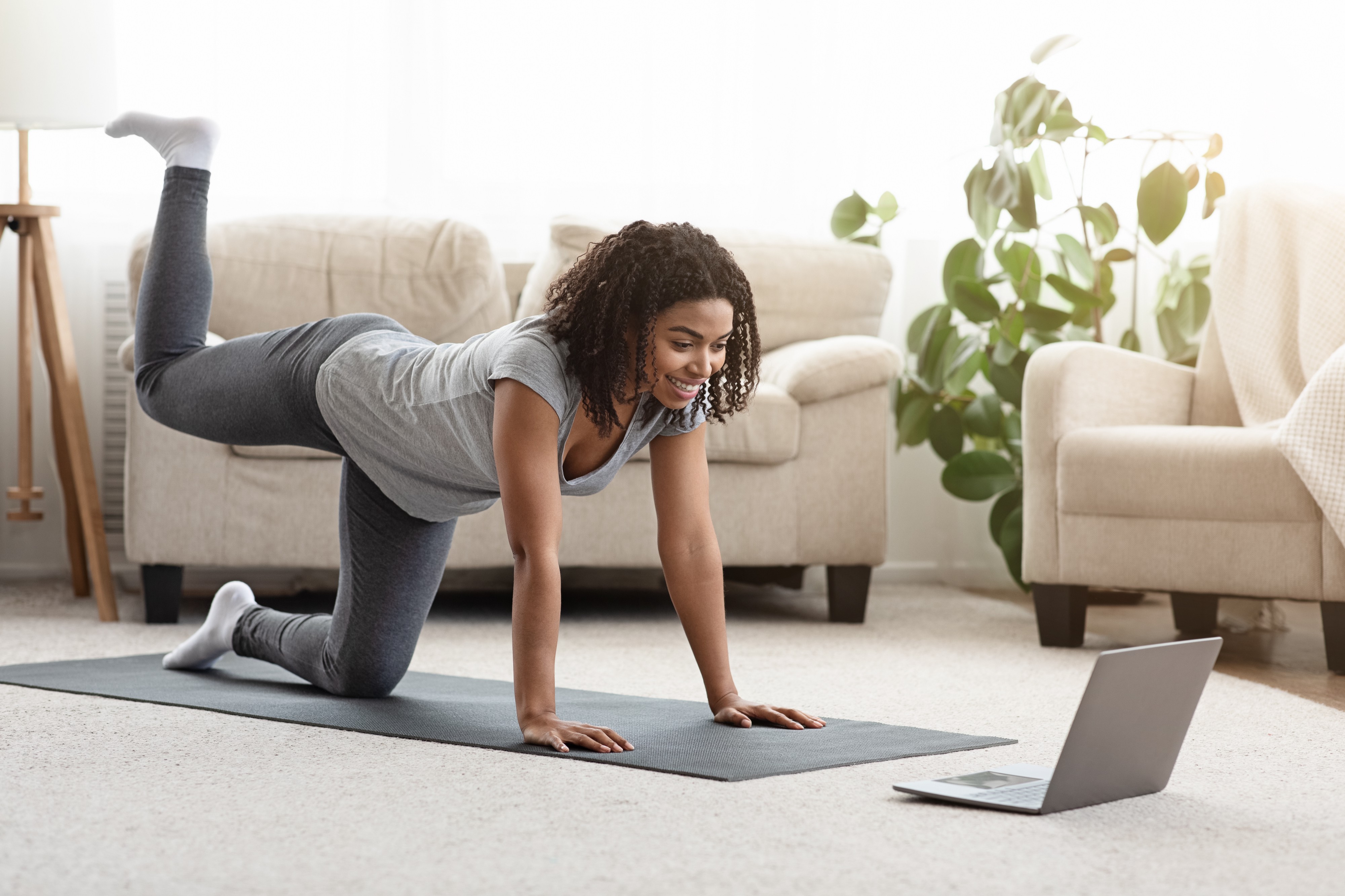How Much Time Does It Take to Do Summer Homework? Summer is a great season that is filled with celebration and fun. However, you should never allow these festivities to delay your classwork assignments when schools reopen. To be on track at the start of the new semester, you need…
How Exercise Improves Your Studies and Mental Health
It has been proven that regular physical exercises raise immunoresistance and prolong life in general, but what as for mental health and cognitive functions? What impact it has on them, and how to get the optimal result from exercising? In this article, we try to figure this out by analyzing scientistic research worldwide.
Physiology
Firstly, we should mention the physiology of the human body, specifically the interaction mechanism between physical exercises and hormones. Regular physical activity helps to normalize hormone balance and metabolic rate for males and women alike. Exercises have a positive influence on health in general but also helps to improve concentration while any mental activity that, in turn, can increase the effectiveness of studying.
Another important fact about the interaction between exercise and mental activity is that our body produces a hormone called endorphin after every training. This hormone is needed to reduce the stress caused to the muscles during the exercise and relieve pain, so it has a light soothing effect on the nervous system and, in turn, on mental health as well. Consequently, many test subjects noticed that it is easier to concentrate and do any cognitive activities after physical exercises.
Influence on studying process
Scientists also explored that regular physical exercises normalize blood pressure and keep blood vessels fit. It improves blood flow in the brain that also increases the effectiveness of studying and other cognitive processes.
Researches also show that above 10% of children have an Attention Deficit Hyperactivity Disorder that negatively affects their studying results, so regular exercises can help them concentrate and improve their results. Even without this disorder, children have much more energy than adults, and they need to have the correct way to spend it. Thus, doctors recommend that parents let their children do sports classes. Statistics show that children that do sports have better results in studying than those who don’t.
Adults also have some daily stress because of work or other issues that they need to relieve. In this case, physical activity can help to save them from burnout. Regular exercises can also relieve stress and negative emotions, which positively influence their mental health.
Exercising tips
Having research in mind, we propose some tips on how to exercise correctly and safely. The main thing is that exercises should be regular, it is much more important than their intensity. The correctness of their passion depends on many different aspects like age, fitness, experience in sport, personal medical evidence, line of work, and others. Physical exercises should not exhaust a person because they will negatively influence efficiency and any mental activity.
Experts say that 30-40 minutes of exercise per day would be enough to stay fit and increase brain activity. They also highlight that students could part this exercising time for the whole day. The time of exercising also depends on a person’s fitness and age. It could be from 15 minutes for older people to 1-2 hours for young people who do sports.
Sports recommendations
The way of exercising could also be various, it all depends on preferences and personal experience in sports. The lightest variants are yoga and home workout because they require not an ample space and special skills. The person can find a lot of video tutorials on the Internet on how to do it right. There are many different other variants like cycling, jogging, swimming, soccer, badminton, basketball, volleyball, golf, dancing, etc. The main thing is they require special skills or equipment, without which it becomes impossible to practice them.
We don’t recommend partaking in any traumatic sports as a regular fitness, especially with no prior experience. It is connected with the fact that they could do more harm than good because of the high risk of getting trauma or other kinds of damage—for example, martial arts, where the person can suffer brain and body trauma during exercising.
Specialists recommend doing more exercises in the fresh air. It increases the rate of oxygen in the blood and positively influences cognitive functions and mental health. Going out for training is also a way to save the person from burnout by changing of scenery.
Conclusion
Summarizing all the information, we can conclude that doing exercises regularly and in the right way does have a positive influence on mental health, improving the results of studying. Physical and psychological health is essential for a productive life. Thus, it is vital to keep them in balance.



